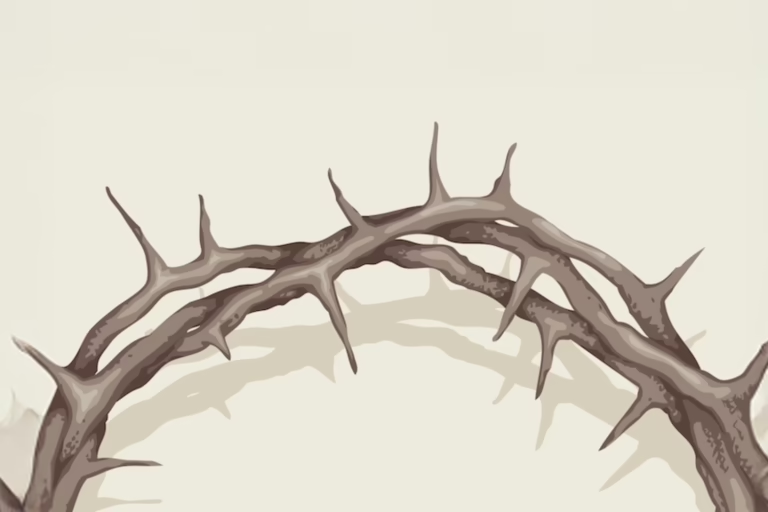Read: 2 Kings 4:1-7
Your servant my husband is dead. (v. 1)
This story is a roller-coaster ride of emotions, beginning in the depths of human tragedy—a father dies before his time, leaving a widow and two young children helpless and vulnerable—and ending with the soaring declaration: you and your sons can live (v. 7).
But let’s not get ahead of ourselves. Before the soaring declaration is a long period of profound turbulence. This story is about death and life. It is also a story about power; which has more power, life or death? Death is presented as an insatiable force, literally eating the woman out of house and home, leaving her cupboards, her table, her bank account, her bedroom, and even her future empty. Death isn’t satisfied until it has taken everything you have. Death took from this woman the resources required for her to live, and now through the debt collector it also threatens to rob her of her last remaining joy and the source of her hope—her children.
But in this story, as in so many other stories in the Bible, death does not get the last word. In fact, almost the last word in the story is “live.” Through the ministry of Elisha, God has transformed the woman’s fortunes from death to life. We are compelled to ask with the apostle Paul, “O death, where is your victory? O death, where is your sting?” (1. Cor. 15:55). This story testifies that with God life is more powerful than death. Life wins! —Travis West
As you pray, thank God for the gift of life.
About the Author

Travis West
Travis West is the Associate Professor of Hebrew and Old Testament at Western Theological Seminary.
- Travis West#molongui-disabled-link
- Travis West#molongui-disabled-link
- Travis West#molongui-disabled-link
- Travis West#molongui-disabled-link

